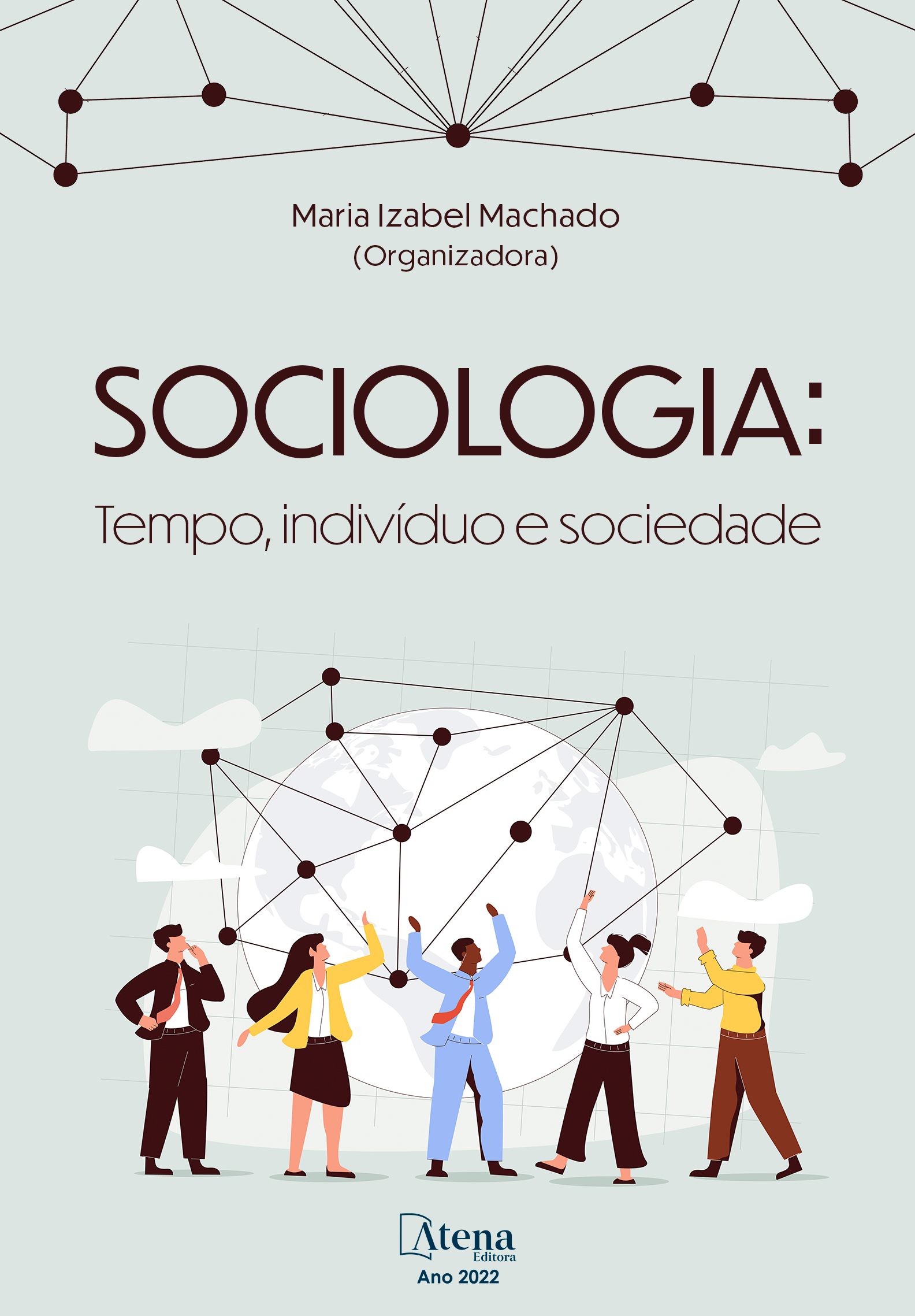
“ECONOMIA CIRCULAR À MODA BRASILEIRA”; Um Estudo Exploratório a partir da Interface entre Economia Circular e Bem Viver
O modelo de economia linear se fundamenta no crescimento econômico ilimitado que tensiona os limites de resiliência planetária. Em resposta, destaca-se a economia circular que propõe um crescimento econômico dissociado do uso de recursos finitos sem geração de contaminantes. Todavia, o modelo circular não abarca os aspectos marcantes dos países latino-americanos. Faz-se necessário criar uma interface com as escolas de pensamento da América Latina, dentre elas, o Bem Viver, que propõe uma transformação civilizatória biocêntrica, que refunde a relação do homem consigo, com a comunidade e com a Natureza pautada nos Direitos Humanos e da Natureza. A partir do diálogo da economia circular com o Bem Viver, pode-se propor a formação de uma “economia circular à moda brasileira”. Com efeito, o presente artigo tem por objetivo examinar a interface da economia circular com o Bem Viver, a fim de aferir a interseção entre estas escolas para propor reflexões para a construção da “economia circular à moda brasileira”. Esta pesquisa se justifica pelo ineditismo do tema, e a pretensão de o Governo federal formalizar termo de compromisso para introduzir a economia circular no país. Em relação à metodologia, promoveu-se uma revisão bibliográfica do tema, que, dado o seu ineditismo, ainda são poucos os artigos e livros disponíveis. O artigo foi estruturado em 5 (cinco) capítulos que tratam da economia linear e seu esgotamento, da economia circular e o início da sua transição no Brasil, do Bem Viver, da aproximação e afastamento da economia circular com o Bem Viver e, por fim, da “economia circular à moda brasileira”. À título de conclusão, acredita-se que as reflexões sobre a “economia circular à moda brasileira” podem contribuir para o debate da transformação da sociedade e do Estado nacional a partir da convivência harmoniosa do homem consigo, com a comunidade e com a Natureza segundo os Direitos Humanos e os Direitos da Natureza, e da superação do modelo linear a partir da reorganização produtiva com reaproveitamento dos artefatos como regra geral. Este é o desafio do trabalho.
“ECONOMIA CIRCULAR À MODA BRASILEIRA”; Um Estudo Exploratório a partir da Interface entre Economia Circular e Bem Viver
-
DOI: 10.22533/at.ed.2572201046
-
Palavras-chave: Economia Linear; Economia Circular; União Europeia; Bem Viver; Brasil
-
Keywords: Linear Economic; Circular Economic; European Union; Bem Viver; Brazil
-
Abstract:
The linear economy model is based on unlimited economic growth that strains the limits of planetary resilience. In response, the circular economy stands out, which proposes economic growth decoupled from the use of finite resources without generating contaminants. However, the circular model does not cover the striking aspects of Latin American countries. It is necessary to create an interface with the schools of thought in Latin America, among them, Bem Viver, which proposes a biocentric civilizing transformation, which refuses man's relationship with himself, with the community and with Nature based on Human Rights and from nature. From the dialogue between the circular economy and Bem Viver, it is possible to propose the formation of a “circular economy in the brazilian way”. In effect, this article aims to examine the interface of the circular economy with Bem Viver, in order to assess the intersection between these schools to propose reflections for the construction of the “circular economy in the brazilian way”. This research is justified by the novelty of the theme, and the intention of the Federal Government to formalize a commitment term to introduce the circular economy in the country. Regarding the methodology, a bibliographic review of the theme was promoted, which, given its originality, there are still few articles and books available. The article was structured in 5 (five) chapters that deal with the linear economy and its exhaustion, the circular economy and the beginning of its transition in Brazil, Bem Viver, the approach and removal of the circular economy with Bem Viver and, finally , from the “circular economy in the brazilian way”. In conclusion, it is believed that reflections on the “circular economy in the brazilian way” can contribute to the debate on the transformation of society and the national state from the harmonious coexistence of man with himself, with the community and with Nature according to Human Rights and Nature Rights, as well as overcoming the linear model from the productive reorganization with reuse of artifacts as a general rule. This is the challenge of the present work.
-
Número de páginas: 25
- Marcos Paulo Marques Araujo


